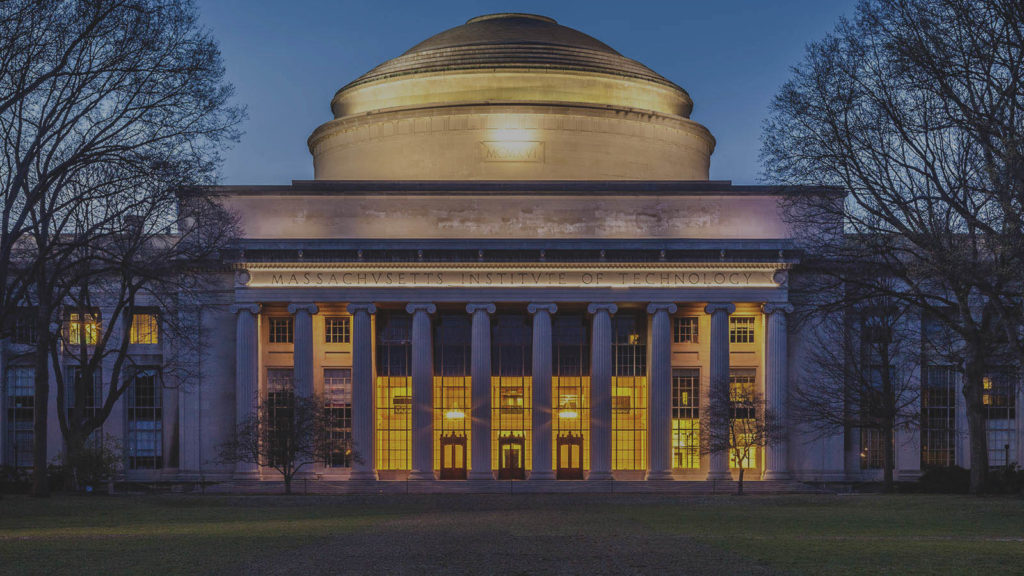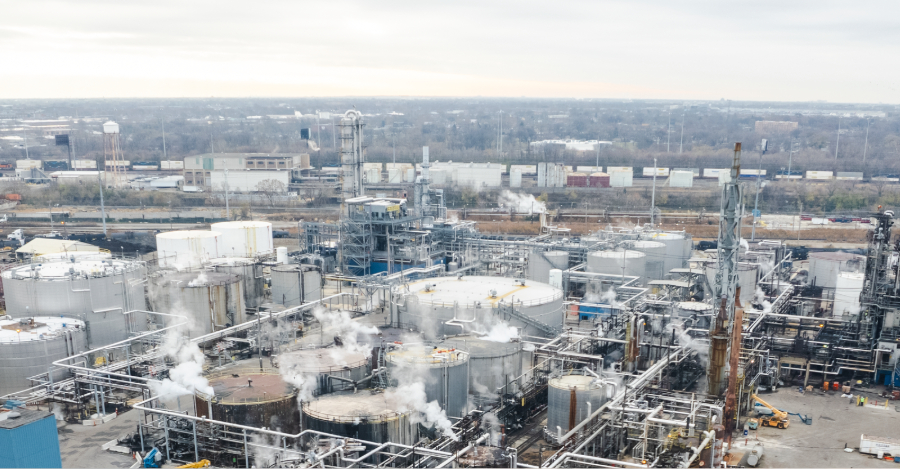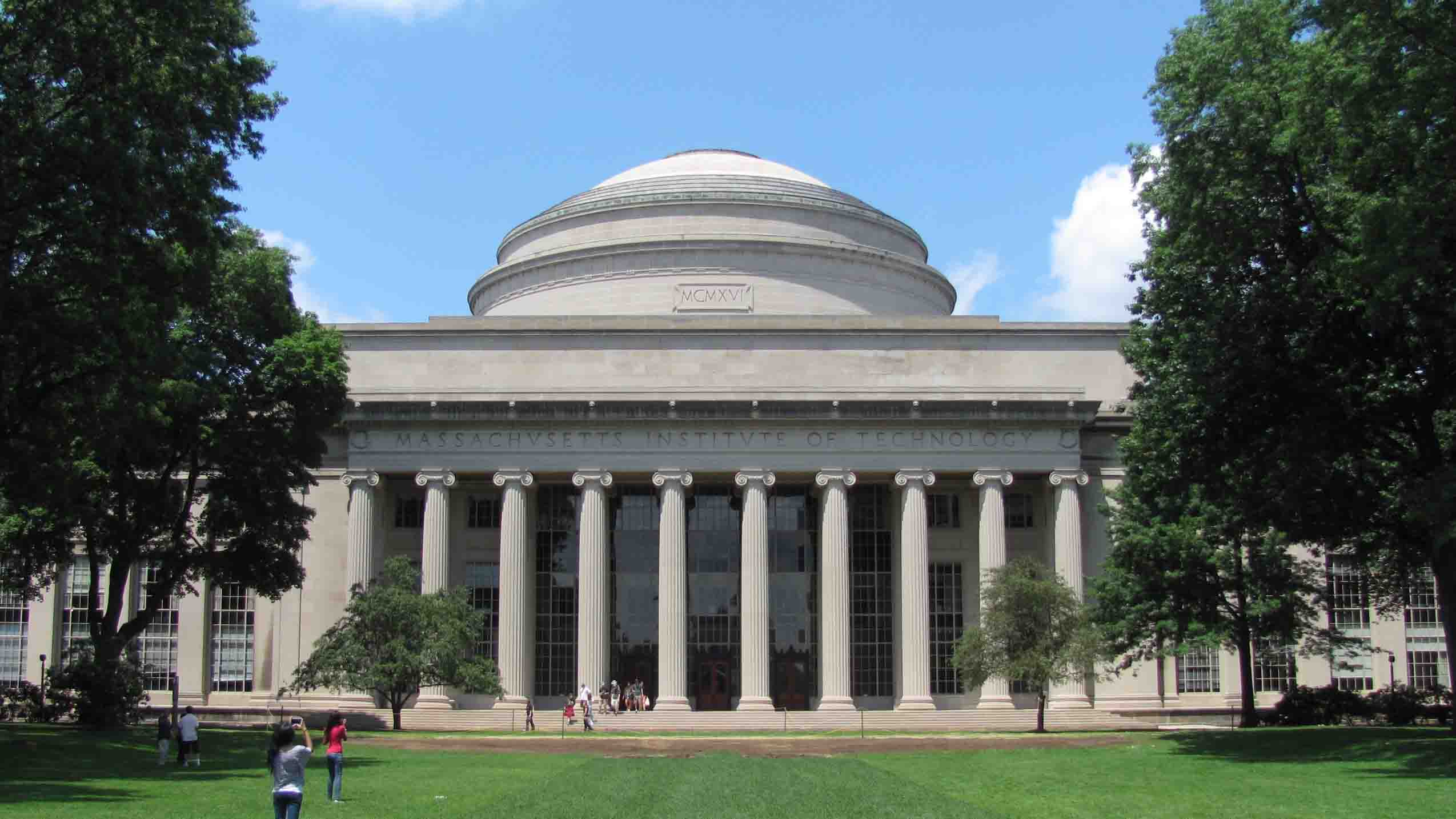The Knight Science Journalism Program at MIT, the premier global fellowship program for journalists covering science, technology, health and the environment, is proud to announce that ten journalists, representing five countries, have been selected to join the program’s 34th class of fellows.
The KSJ Class of 2016-17 includes journalists with award-winning backgrounds across a range of media platforms — radio, television, newspapers, magazines, on-line publications, and books — and they come to Cambridge from across the United States, and from France, Italy, Kenya and Mexico.
As in previous years, the 2016-17 finalists were selected from a large and highly competitive pool of applicants. This year’s selection committee was comprised of KSJ program director Deborah Blum; former acting director, Wade Roush; Tom Zeller Jr., the editor of Undark, the popular digital science magazine published by KSJ; and Robert Lee Hotz, a senior science writer with The Wall Street Journal.
The new Knight fellows will begin nine months of study and exploration this fall. In addition to a private seminar series, training workshops and field trips, fellows will have the opportunity to study and audit courses at MIT, Harvard University and other institutions in the Greater Boston area. For first time, fellows will also develop original projects during their time in Cambridge — from feature stories and short films to podcasts and photo essays — which will be showcased at Undark.org.
Introducing the class of 2016-17:
Iván Carrillo Pérez is a science journalist in Mexico City with a background both in print and television. He has been a contributor to National Geographic Magazine LA, Newsweek Magazine en Español, CCN en Español (TV), and SPR News (TV), among others. He holds a position as anchor of Los Observadores, a national television program exploring scientific innovation. From 2005 to 2015 he was the editor of Quo, a magazine dedicated to the dissemination of science and technology.
Chloe Hecketsweiler is a Paris-based journalist with the French newspaper Le Monde. Writing mainly for the business section, she has specialized in the pharmaceutical and biotechnology industries. Her stories, both national and international, highlight the intersection between science, business and society, investigating, for example, the impact of drug pricing on the healthcare system, or the financial relationships between doctors and big pharmaceutical groups.
Rosalia Omungo is a television journalist and editor for the Kenya Broadcasting Corporation in Nairobi, where she leads the Features, Health and Environment desks. She has focused on a wide range of topics including climate change policy, energy, biotechnology, biodiversity and water issues. Her work has also appeared in Science Africa. She was the first Earth Journalism Scholar at the University of California Berkeley Graduate School of Journalism, where she spent Spring 2014 semester studying journalism and environmental science.
Robert McClure is the executive director of InvestigateWest, a nonprofit newsroom in Seattle with a focus on the environment, public health and government accountability, and a track record of change-making journalism. A veteran newspaper reporter, McClure has been a Pulitzer Prize finalist and the winner of the John B. Oakes Award for Distinguished Environmental Journalism from Columbia University. In 2013, he was named as one of Seattle Magazine’s “most influential” people in the city. A Florida native, McClure started his career at United Press International in Miami.
Maura R. O’Connor is a freelance journalist based in Brooklyn and writes about the politics and ethics of science, technology and conservation. Her work has appeared online in The Atavist, Slate, Foreign Policy, The New Yorker, Nautilus, and Harper’s. Her first book, “Resurrection Science: Conservation, De-Extinction and the Precarious Future of Wild Things,” was named one of Library Journal and Amazon’s Best Books of 2015. She is currently at work on a second book, an exploration of navigation traditions, neuroscience, and human relationships to space, time and memory.
Meera Subramanian is a freelance journalist based in Cape Cod, Massachusetts, whose work has been published in the New York Times, The New Yorker, Nature, Virginia Quarterly Review, Orion and other national and international publications. She is the author of the acclaimed 2015 book, “A River Runs Again: India’s Natural World in Crisis, from the Barren Cliffs of Rajasthan to the Farmlands of Karnataka”. Her work has been anthologized in Best American Science and Nature Writing and The Best Women’s Travel Writing.
Bianca Vázquez Toness, a journalist based in Cambridge, writes about technology and its impact on people. She most recently covered India’s technology and telecommunications industries for Bloomberg News in New Delhi. She also explored agriculture, renewable energy, and that country’s obsession with engineering. Before moving to India, she reported for a range of outlets, including WBUR, Boston’s NPR news station, Minnesota Public Radio, and the Yakima Herald-Republic. She began her career as a journalist covering issues in Mexico.
Fabio Turone is a science writer and editor based in Milan, Italy. He contributes to several Italian outlets, including L’Espresso, Panorama, Il Corriere della sera, Il Sole 24 Ore, Wired magazine, and the British Medical Journal. Since 2012, he has served as Director of the Erice International School of Science Journalism, a summer program in Sicily. He launched and currently heads the professional association, Science Writers in Italy, with the aim of promoting international exchanges and collaboration.
Lauren M. Whaley is a California-based journalist specializing in health care policy related to mental illness, children and pregnant women. She has contributed stories to KQED Public Radio, Southern California Public Radio, The San Jose Mercury News and The New York Times and was an award-winning multimedia journalist for the CHCF Center for Health Reporting. She is a past president of the national journalism organization Journalism and Women Symposium (JAWS).
Mark Wolverton is a Philadelphia-based freelancer, who writes about technology, and history for publications including Wired magazine, Scientific American, American Heritage’s Invention & Technology, Popular Science, Psychology Today, and Air & Space Smithsonian. He is the author of three books: “A Life in Twilight: The Final Years of J. Robert Oppenheimer” (2008); “The Depths of Space: The Story of the Pioneer Planetary Probes” (2004); and “The Science of Superman” (2002). He is also a dramatist whose work has been presented on stages across the country and on national radio.





YEEEEEEEEA!
Great news. Congratulations to Robert McClure of InvestigateWest and to the Knight Science program for choosing him!
Congratulations to all of you from Berlin! Have a great time in Boston, bon voyage, buen viaje, buon viaggio!